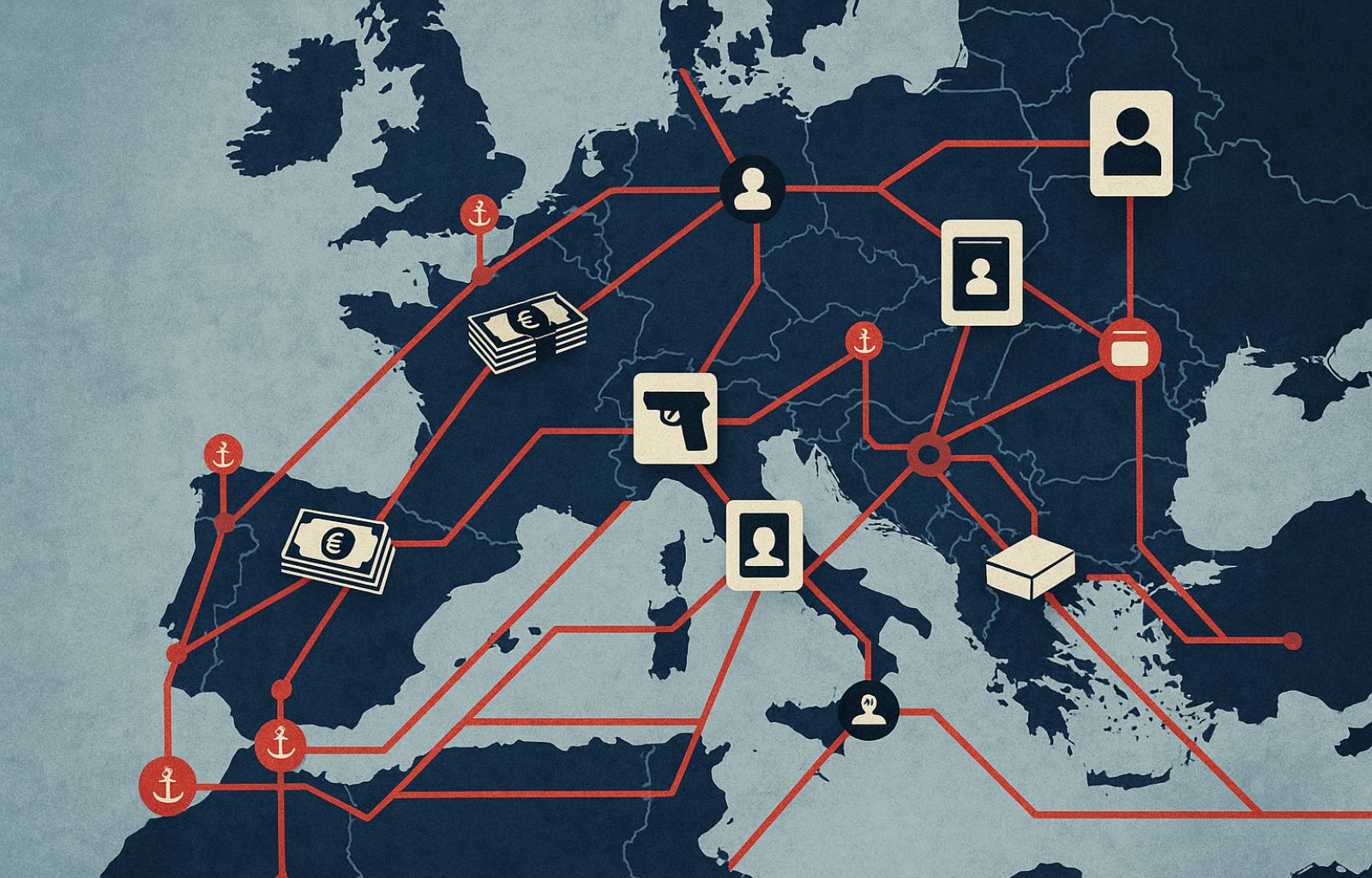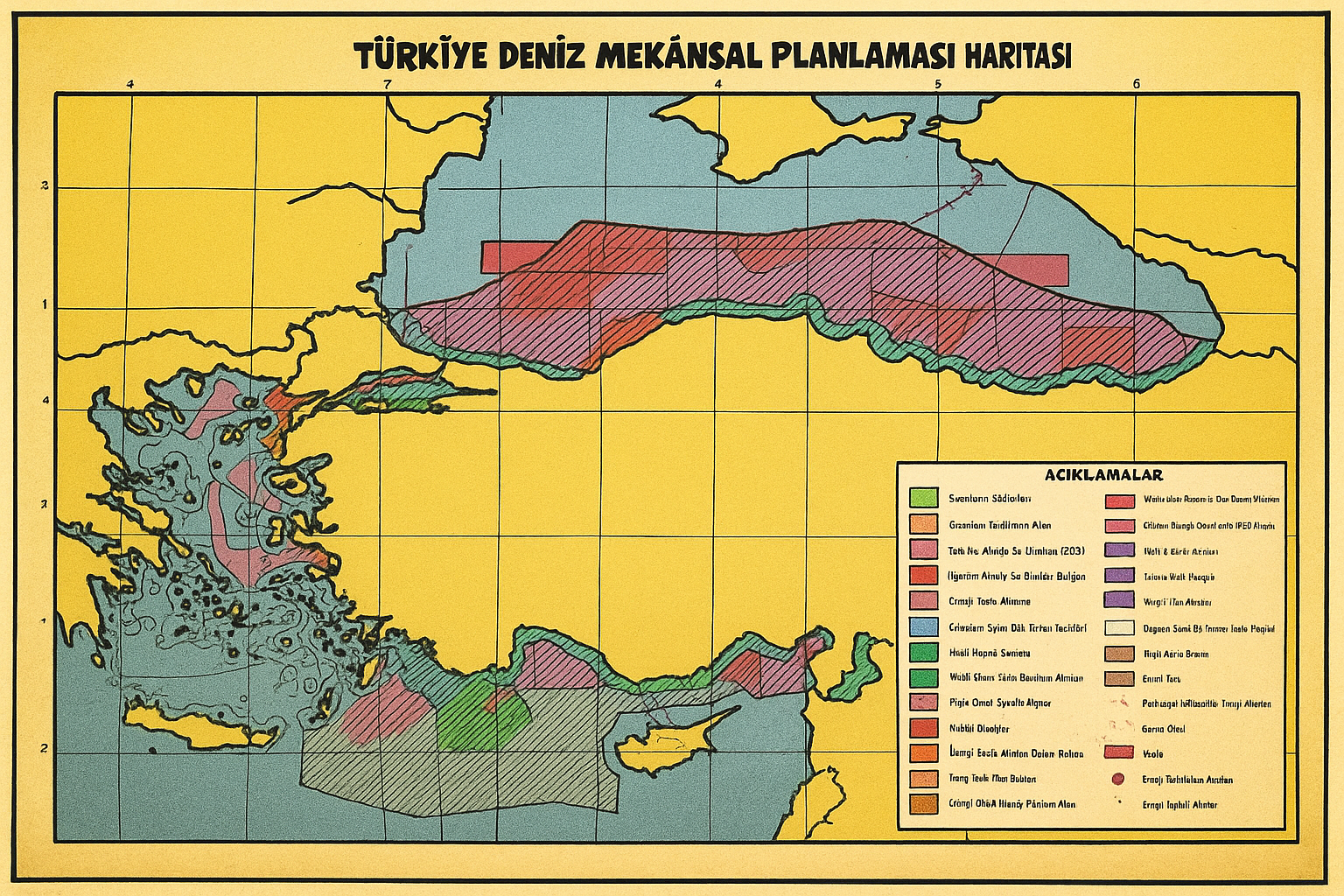Mercosur, free trade is beneficial if the rules are the same for all

Being liberal means supporting free trade based on reciprocity. Signing a free trade agreement with Mercosur – Brazil, Argentina, Paraguay and Uruguay – without guaranteeing a level playing field risks penalising European companies.
The European Union, with the Green Deal, has set ambitious targets for environmental and social sustainability. European companies face strict standards and high costs to meet them. If Mercosur countries are not held to the same standards, a competitive gap is created: their goods can enter the European market at a lower cost, without complying with the same regulations.
Beef imports and the consequences for European producers
For example, the EU accepted the import of 99,000 tonnes of beef from Mercosur, representing 1.2% of European consumption, duty-free (source: Reuters). This could penalise European producers, who are already bound by higher standards.
EU-Mercosur trade figures
In 2023, EU exports to Mercosur countries reached EUR 55.7 billion, while imports amounted to EUR 53.7 billion. The main products exported by the EU include machinery (26.7 %), chemicals and pharmaceuticals (25 %) and transport equipment (11.9 %). On the other hand, imports from Mercosur are dominated by mining products (29.6%), food and beverages (19.2%) and vegetable products (17.9%).
The importance of safeguard clauses
For Italy, the agreement with Mercosur is on the whole advantageous, but it is essential to listen to and take into account the concerns of the most fragile sectors through robust safeguard clauses and compensation mechanisms. In particular, attention must be paid to sectors already penalised by unfair competition due to the opening of the market to Ukraine, such as white meat, sugar and honey.
Two ways to avoid damage to the European economy
To avoid damage to the European economy, there are basically only two ways forward.
One, cutting red tape in Europe, reducing the regulatory burden on European companies and allowing them to compete effectively globally without compromising environmental goals.
Two, implement safeguard measures, introducing strict import controls to ensure that foreign products meet European standards, preventing dumping practices and protecting the most vulnerable sectors.
Reciprocity as a fundamental pillar
It is crucial that the European Commission clarifies how it intends to ensure reciprocity in the agreement with Mercosur. Without effective control and enforcement mechanisms, we risk compromising both the competitiveness of our companies and the environmental goals we have set ourselves.
The free market only works with shared rules. Decades of Chinese social and environmental dumping should have explained this to us. Signing the agreement with Mercosur without addressing the regulatory disparity puts the European production system at risk. The European Commission must ensure that reciprocity does not remain an empty promise.











